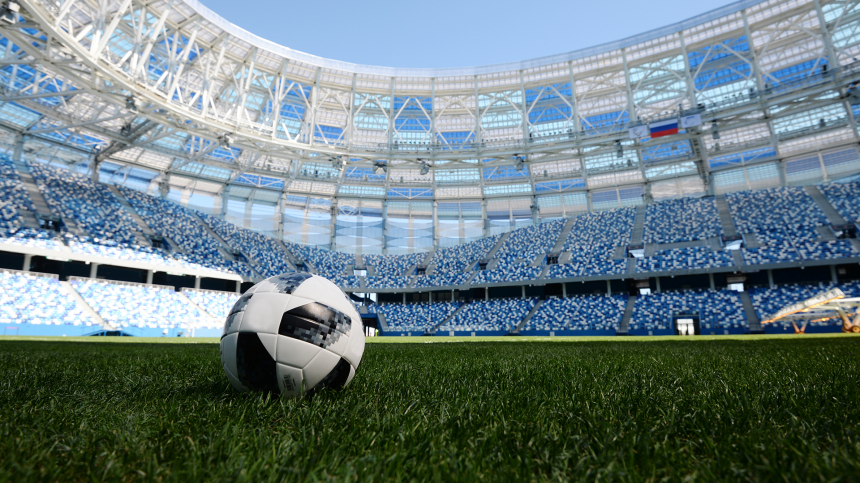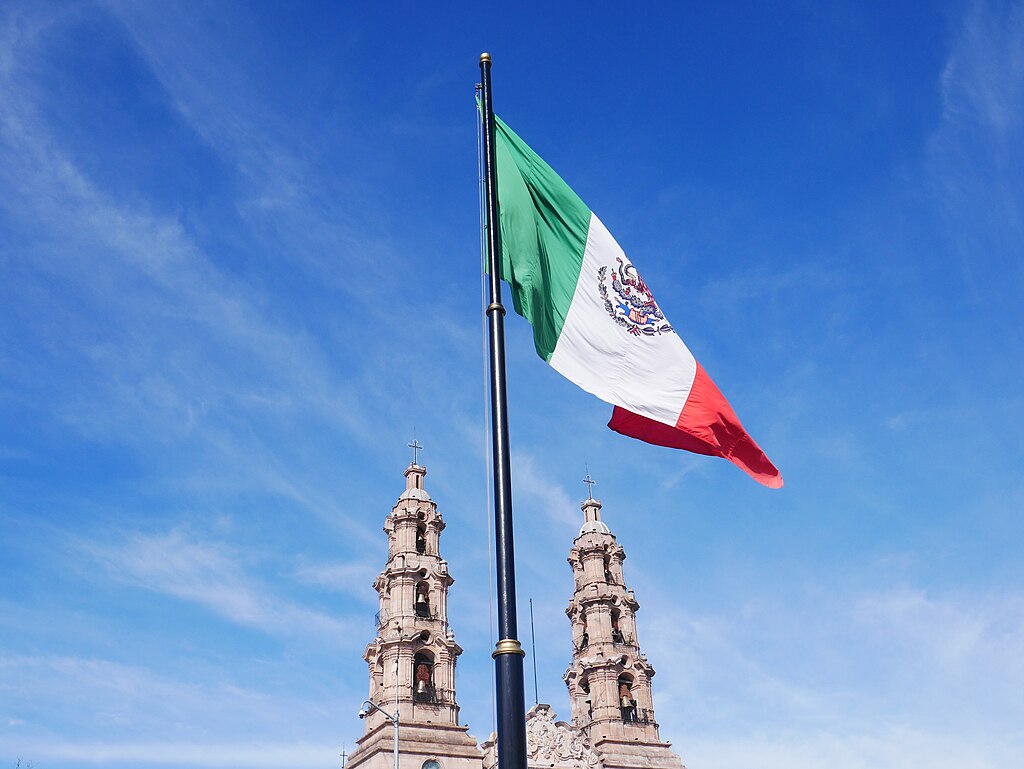EU's Strategic Moves at Davos Amidst Global Tensions
Ursula von der Leyen emphasizes the EU's readiness to negotiate with the US and highlights global competition challenges at the World Economic Forum in Davos.
Published January 22, 2025 - 00:01am

Image recovered from irishtimes.com
Ursula von der Leyen, President of the European Commission, addressed the World Economic Forum in Davos, marking the EU's strategic intentions amidst a rapidly evolving global climate. In her speech, delivered soon after the inauguration of President Donald Trump, she emphasized the European Union's readiness to engage in pragmatic negotiations with the new US administration. This comes against the backdrop of looming threats of tariffs on European imports by the US, a situation that could potentially ignite a trade war between Brussels and Washington.
The economic ties between Europe and the United States are deeply rooted, as the trade between the two regions constitutes about 30 percent of global trade, valued at approximately €1.5 trillion. Von der Leyen's speech reflected a balanced approach, seeking engagement on common interests while safeguarding the EU's core principles.
However, the Commission President also cautioned that the dynamics of international power are shifting, ushering in a 'new era of harsh geostrategic competition.' This involves major economies competing fiercely for access to raw materials, emerging technologies, and new trade routes. The president's message underscored a global economy that is increasingly fragmented, with supply chains often turned into strategic tools by nations like Russia.
Her remarks at Davos also encompassed the commitment of the EU to work with other global powers like China and India. She stressed the necessity for Europe to intensify its efforts in maintaining competitive markets and deeper capital market integration. Additionally, von der Leyen signaled plans to visit India, aiming to strengthen strategic ties with the world's largest democracy, showing an inclination towards fostering relationships beyond the Atlantic.
Besides these economic dialogues, environmental commitments also featured in her discourse. Despite the US's anticipated withdrawal from climate agreements, the EU intends to uphold its climate goals, continuing to engage with countries determined to protect the global environment. This approach further crystalizes under the EU's legislative target to achieve net-zero emissions by 2050.
Trade imbalances and the imposition of tariffs loom large in the global economic landscape. The Commission President reminded Davos attendees about the tripling of global trade barriers last year, hinting at potential repercussions that include sanctions, export controls, and tighter tariffs if competitive practices are not reformed. Her narrative reflected concerns over the US's intent to address its deficits with both tariffs and increased energy exports.
The ongoing need for Europe to diversify its energy supplies was reiterated, along with an emphasis on continuing support to Ukraine amidst geopolitical tensions with Russia. As Europe navigates this turbulent era, Von der Leyen's address underscored a clarion call for unity, innovation, and resilience as guiding principles in shaping its future economic and political strategies.







